Do you ever wonder what are the Foods That Boost Concentration? Whether you want to optimize your nutrition during exam season or stay sharp in your next work meeting, paying attention to your diet can pay off. Although there’s no single ‘brain food’ to protect against age-related disorders such as Alzheimer’s or dementia, thinking carefully about what you eat gives you the best chance of getting the nutrients you need for cognitive health and mood.
Eating a healthy, balanced diet that includes these 10 Foods That Boost Concentration and may help to keep your memory, concentration, and focus as sharp as can be.
1. Wholegrains
Like everything else in your body, the brain cannot work without energy. The ability to concentrate and focus comes from an adequate, steady supply of energy (in the form of glucose) in our blood, to the brain. Achieve this by choosing wholegrains that have a low-GI, which means they release their energy slowly into the bloodstream, keeping you mentally alert throughout the day. Eating too few healthy carbs, like whole grains, may lead to brain fog and irritability. Opt for ‘brown’ wholegrain cereals, granary bread, rice, and pasta.
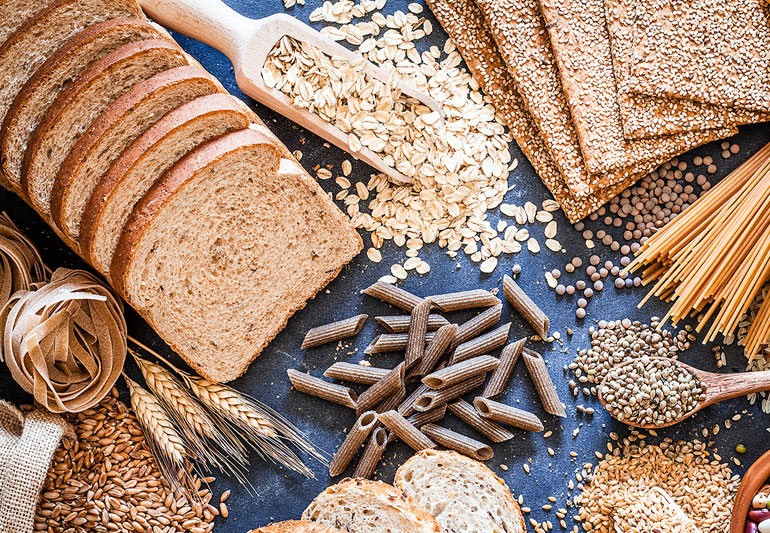
2. Oily fish: Foods That Boost Concentration
Essential fatty acids (EFAs) can’t be made by the body which means they must be obtained through food. The most effective omega-3 fats occur naturally in oily fish in the form of EPA and DHA. Good plant sources include flaxseed, soya beans, pumpkin seeds, walnuts, and their oils. These fats are important for healthy brain function, the heart, joints, and our general well-being. Although studies are at an early stage there is some suggestion that adequate amounts of omega-3 fats in your diet may help to relieve depression.
What makes oily fish so good is that they contain these active fats in a ready-made form, which means the body can use them easily. The main sources of oily fish include salmon, trout, mackerel, herring, sardines, pilchards, and kippers.
Low DHA levels may be linked to an increased risk of dementia, Alzheimer’s disease, and memory loss, whilst having sufficient levels of both EPA and DHA is thought to help us manage stress and make the good mood brain chemical, serotonin.
If you’re vegetarian or vegan, you may wish to add seeds like flaxseed, hemp, and chia to your diet, or consider a plant-based omega-3 supplement from micro-algae. If you are considering taking a supplement speak to your GP first. It’s worth remembering that vegetarian or vegan mums-to-be, or those who are breastfeeding, should consider a supplement because of the important role omega-3 fats play in the development of the central nervous system of your baby.
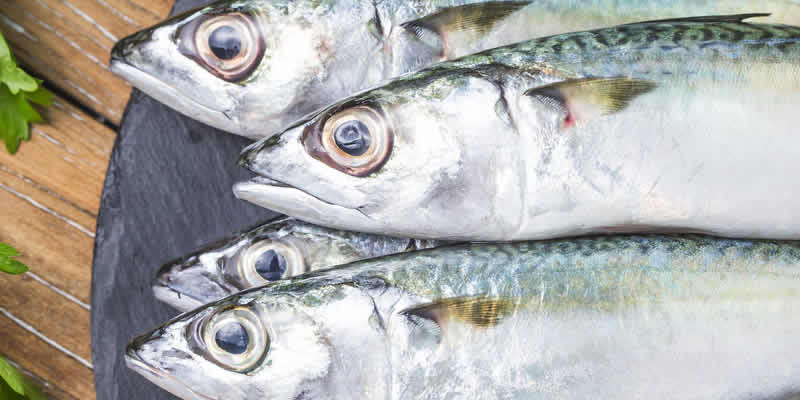
3. Blueberries
Evidence accumulated at Tufts University in the United States suggests that the consumption of blueberries may be effective in improving or delaying short-term memory loss. They’re widely available, but you can also achieve the same effect with other dark red and purple fruits, like blackberries, and veg, like red cabbage. These contain the same protective compounds called anthocyanins.

4. Tomatoes: Foods That Boost Concentration
There is good evidence to suggest that lycopene, a powerful antioxidant found in tomatoes, could help protect against the kind of free radical damage to cells that occurs in the development of dementia, particularly Alzheimer’s. Favor-cooked tomatoes and enjoy with a little olive oil to optimize your body’s absorption and use. Other foods supplying this, and similar protective phytonutrients, include papaya, watermelon, and pink grapefruit.
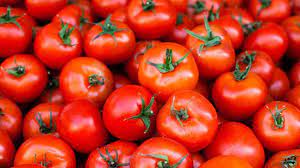
5. Eggs
Certain B vitamins – B6, B12, and folic acid – are known to reduce levels of a compound called homocysteine in the blood. Elevated levels of homocysteine associated with an increased risk of stroke, cognitive impairment, and Alzheimer’s disease. A study of a group of elderly patients with mild cognitive impairment found that after two years of intervention with high doses of B6, B12, and folic acid there was significantly less brain shrinkage compared to a subset given placebo treatment.
Other B vitamins including vitamins B1, B3, and choline play an important part in regulating normal brain function. Choline, which is rich in egg yolk, is essential for the memory-boosting brain chemical, acetylcholine.
Opt for B-rich foods like eggs, chicken, fish, leafy greens, and dairy. If you’re vegan, look to fortified foods, including plant milk and breakfast cereals, for vitamin B12 or consider a supplement. Other useful vegan sources of B vitamins, including B6, include nutritional yeast, avocado, soy, nuts, and seeds.
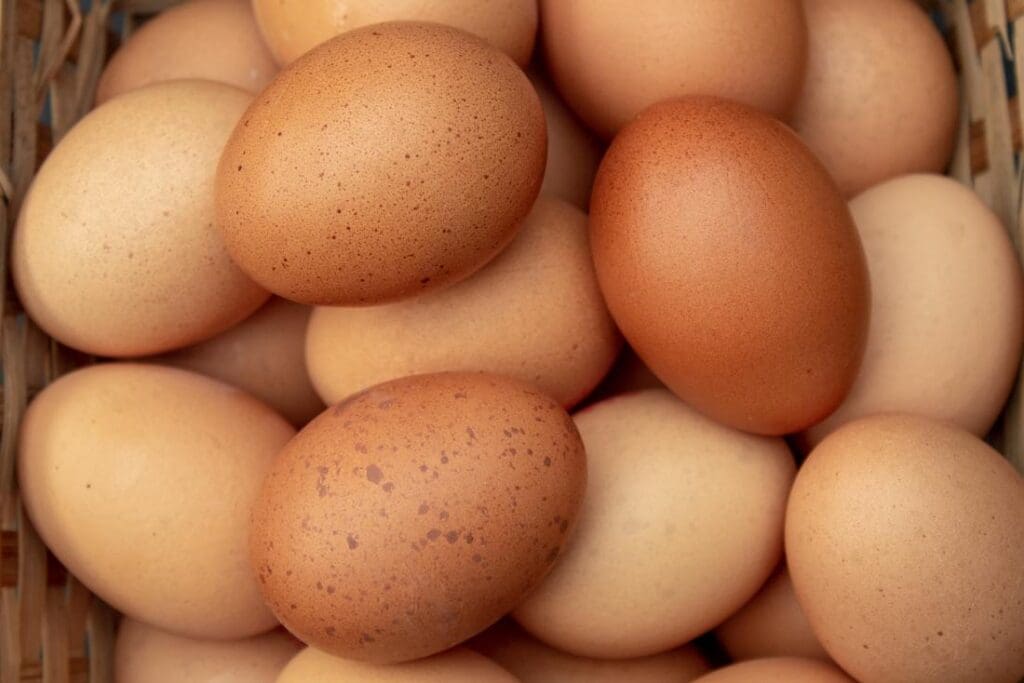
6. Blackcurrants
Vitamin C has long been thought to have the power to increase mental agility. Moreover, some research suggests that a deficiency may be a risk factor for age-related brain degeneration including dementia and Alzheimer’s. Furthermore, interesting studies demonstrate that vitamin C may be useful in managing anxiety and stress. One of the best sources of this vital vitamin is blackcurrants. Others include red peppers, citrus fruits such as oranges and broccoli.
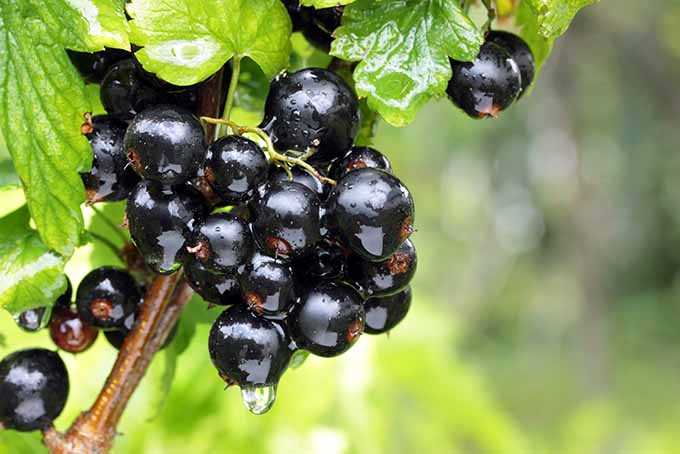
7. Pumpkin seeds
Pumpkin seeds supply this valuable mineral which is vital for enhancing memory and thinking skills. They’re also full of stress-busting magnesium, B vitamins, and tryptophan, the precursor to the good mood chemical serotonin. Other useful food sources include beef, oysters, chickpeas, and nuts including cashews and almonds.
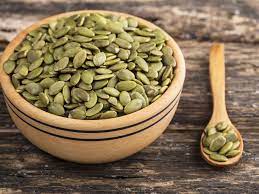
8. Broccoli
Broccoli is a great source of vitamin K, known to enhance cognitive function and improve brainpower. Researchers have reported that broccoli is high in compounds called glucosinolates. It can slow the breakdown of the neurotransmitter, acetylcholine, which we need for the central nervous system to perform properly and keep our brains and memories sharp. Low levels of acetylcholine associated with Alzheimer’s. Another cruciferous veg rich in glucosinolates include cauliflower, kale, cabbage, and Brussels sprouts. Whilst you can obtain vitamin K from the liver, hard cheeses, and prunes.
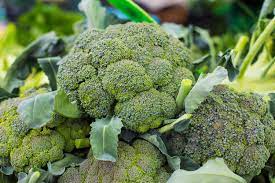
9. Sage
Sage has long had a reputation for improving memory and concentration. Although most studies focus on sage as an essential oil, it could be worth adding fresh sage to your diet too. Add at the end of cooking to protect the beneficial oils.
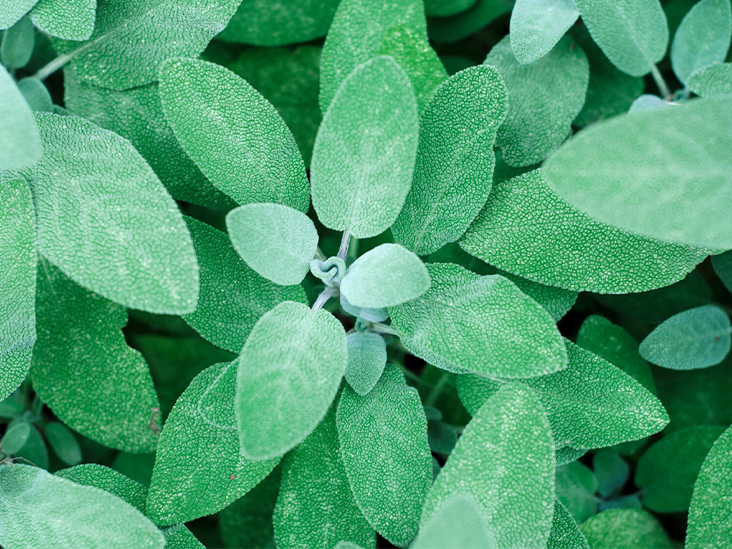
10. Nuts
A study published suggests that an adequate intake of vitamin E might help to prevent cognitive decline. Nuts are a great source of vitamin E along with leafy green vegetables, asparagus, olives, seeds, eggs, brown rice, and whole grains.
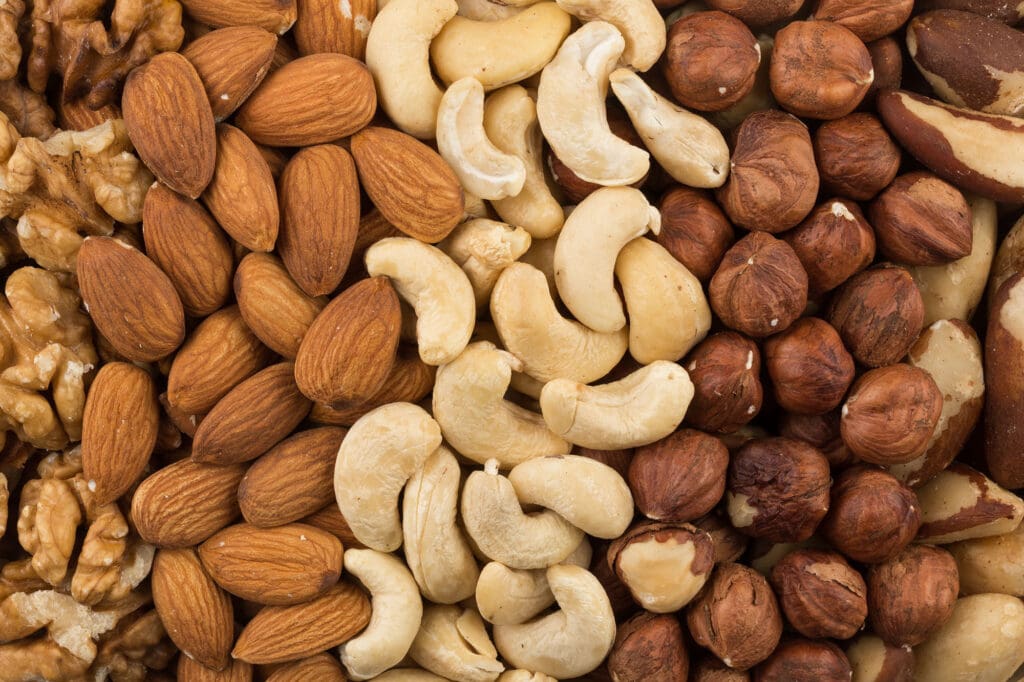
Also Read: Top 10 Best Vegan Protein Sources you must have at home
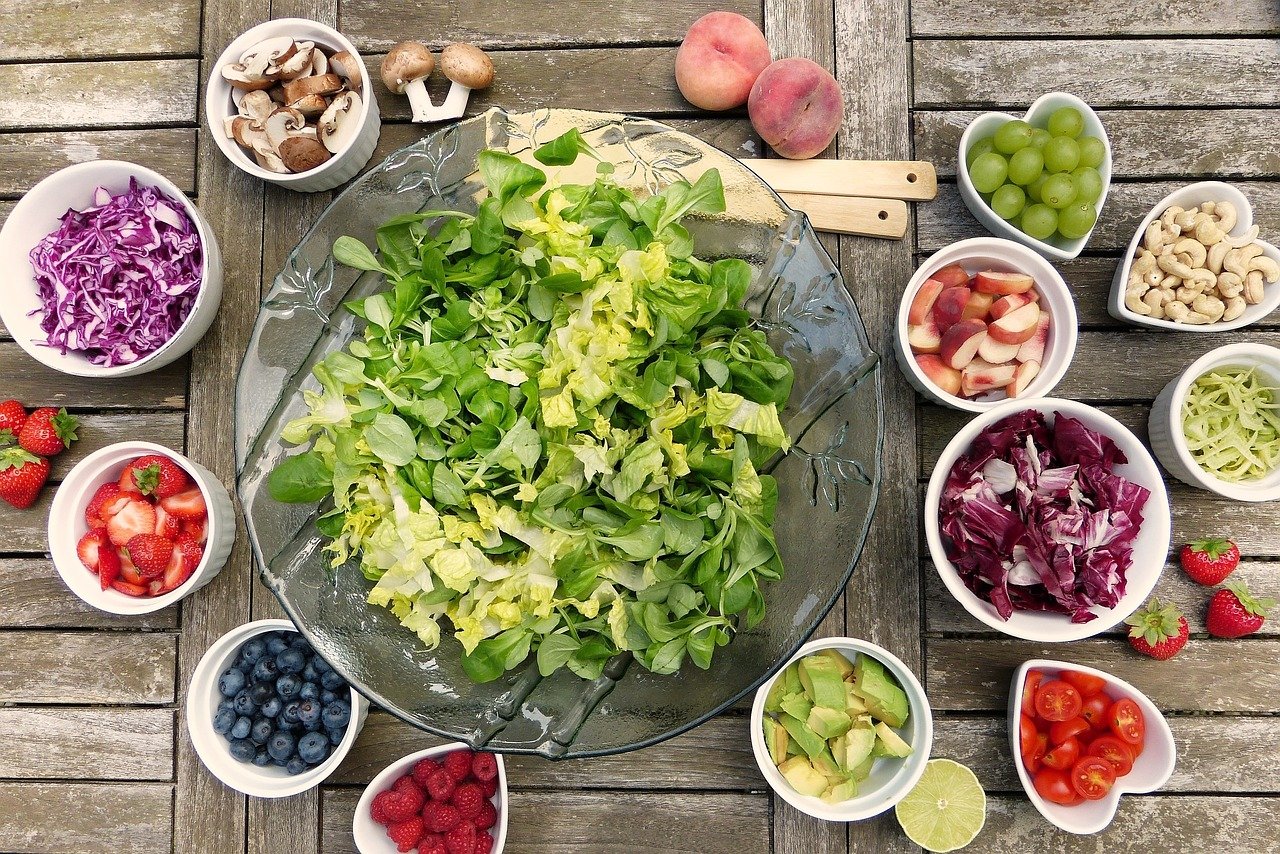
4 Comments